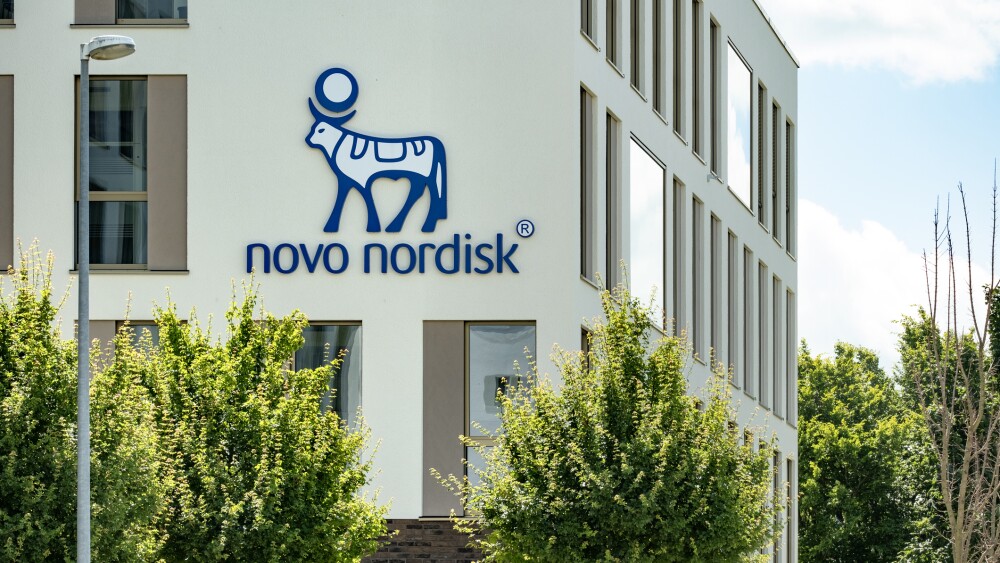BASEL, Switzerland & PENZBERG, Germany--(BUSINESS WIRE)--Today, Roche opened the Joint Science & Technology Laboratory in Basel, where Roche Pharma scientists are using the innovative xCELLigence real-time Cell Analyzer system of Roche Diagnostics to investigate hepatic and cardiac toxicities in vitro. This new technology will improve the predictive value of in vitro assessments of organ toxicity and help to reduce animal testing in toxicity research.
Cell-based in vitro assays are a key tool for early assessment of drug candidates. Toxicology routinely employs these assays, for example to determine genotoxicity. The non-clinical safety community is developing other assays especially for prediction of organ-specific toxicity.
“New techniques such as Real-time cell analysis with the xCELLigence system will accelerate the ability to identify the toxic potential of a compound at an early stage of drug development, which supports also Roche´s 3Rs concept of Reducing, Refining, and Replacing animal experimentation,” stated Thomas Singer, Head of Global Non-Clinical Safety at Roche Pharma.
“This project is yet another example for the advantage of having pharma and diagnostics under one roof,” added Manfred Baier, Head of Roche Applied Science. “We are in the process of identifying more and more opportunities in working together for more efficient processes and in the development of treatments that are tailor-made for the patients.”
The uniqueness of the non-invasive and label-free xCELLigence technology is based on measuring the impedance of cells: The variations in electrical resistance are caused by changes in numbers, adhesion or shape of the cells. In conjunction with its user-friendly data collection and analysis capabilities, the xCELLigence system makes a unique platform for continuous, real-time cell-based assays and provides a huge opportunity for cellular and molecular biology.
The data from the xCELLigence real-time impedance measurement, combined with molecular profiling of the toxic effects of compounds on cardiomyocytes and hepatocytes, will be compared to conventional cell biology assays and molecular endpoints. Based on this platform, the goal is to develop new prediction methods for target organ toxicity in vitro and identify new cellular biomarkers for toxicity prediction.
About Roche
Headquartered in Basel, Switzerland, Roche is a leader in research-focused healthcare with combined strengths in pharmaceuticals and diagnostics. Roche is the world’s largest biotech company with truly differentiated medicines in oncology, virology, inflammation, metabolism and CNS. Roche is also the world leader in in-vitro diagnostics, tissue-based cancer diagnostics and a pioneer in diabetes management. Roche’s personalised healthcare strategy aims at providing medicines and diagnostic tools that enable tangible improvements in the health, quality of life and survival of patients.
In 2008, Roche had over 80,000 employees worldwide and invested almost 9 billion Swiss francs in R&D. The Group posted sales of 45.6 billion Swiss francs. Genentech, United States, is a wholly owned member of the Roche Group. Roche has a majority stake in Chugai Pharmaceutical, Japan. For more information: www.roche.com.
All trademarks used or mentioned in this release are protected by law.
Contact:
Roche Diagnostics Dr. Burkhard Ziebolz Phone: +49 8856 604830 Email: burkhard.ziebolz@roche.com




